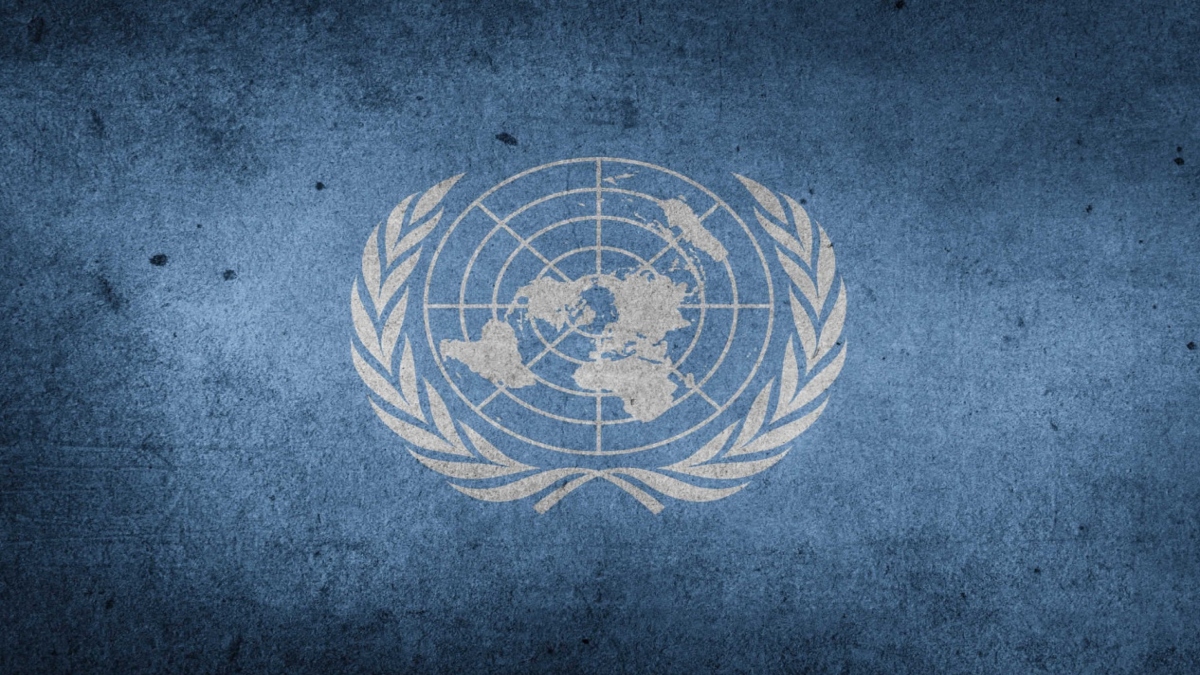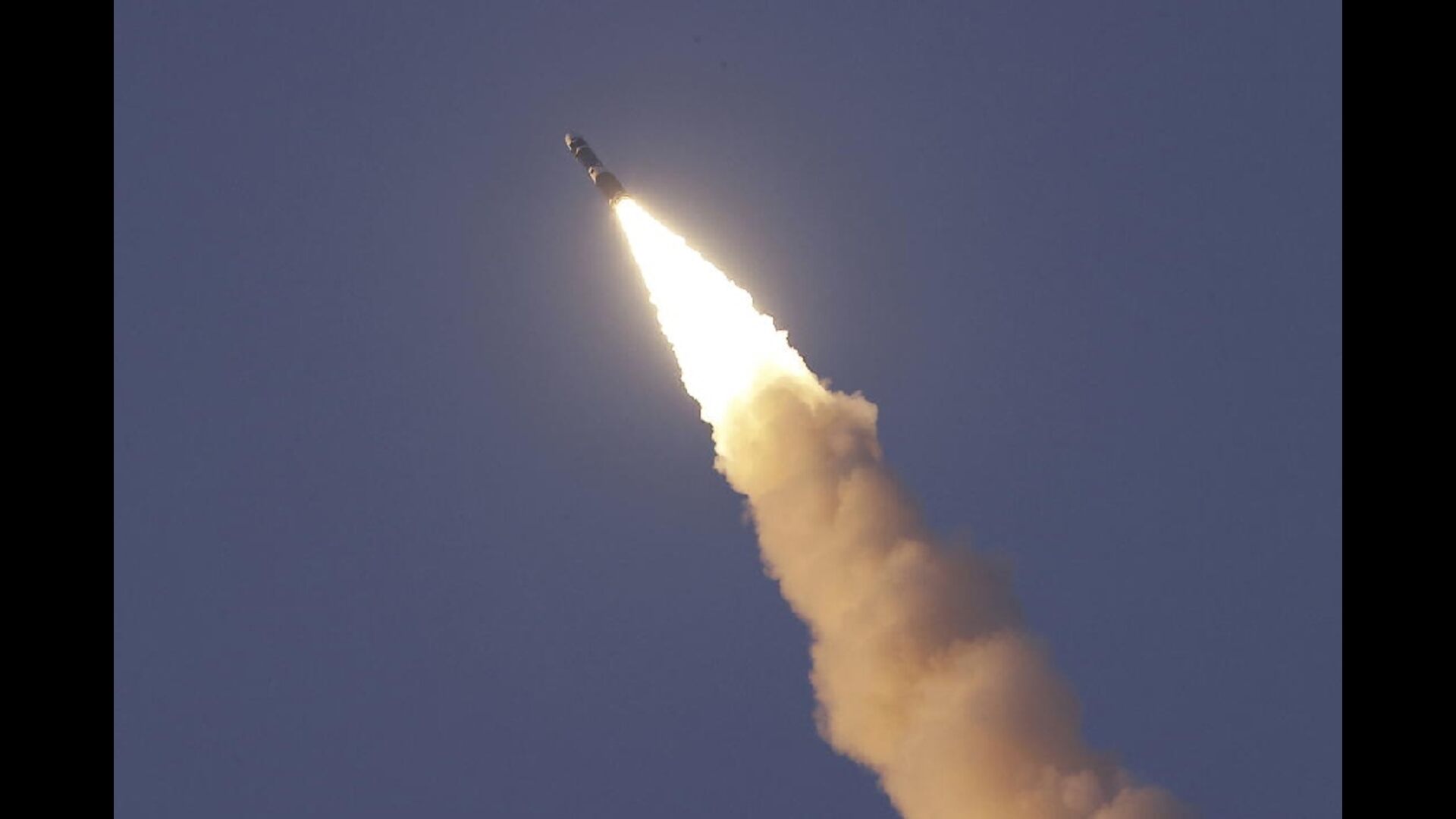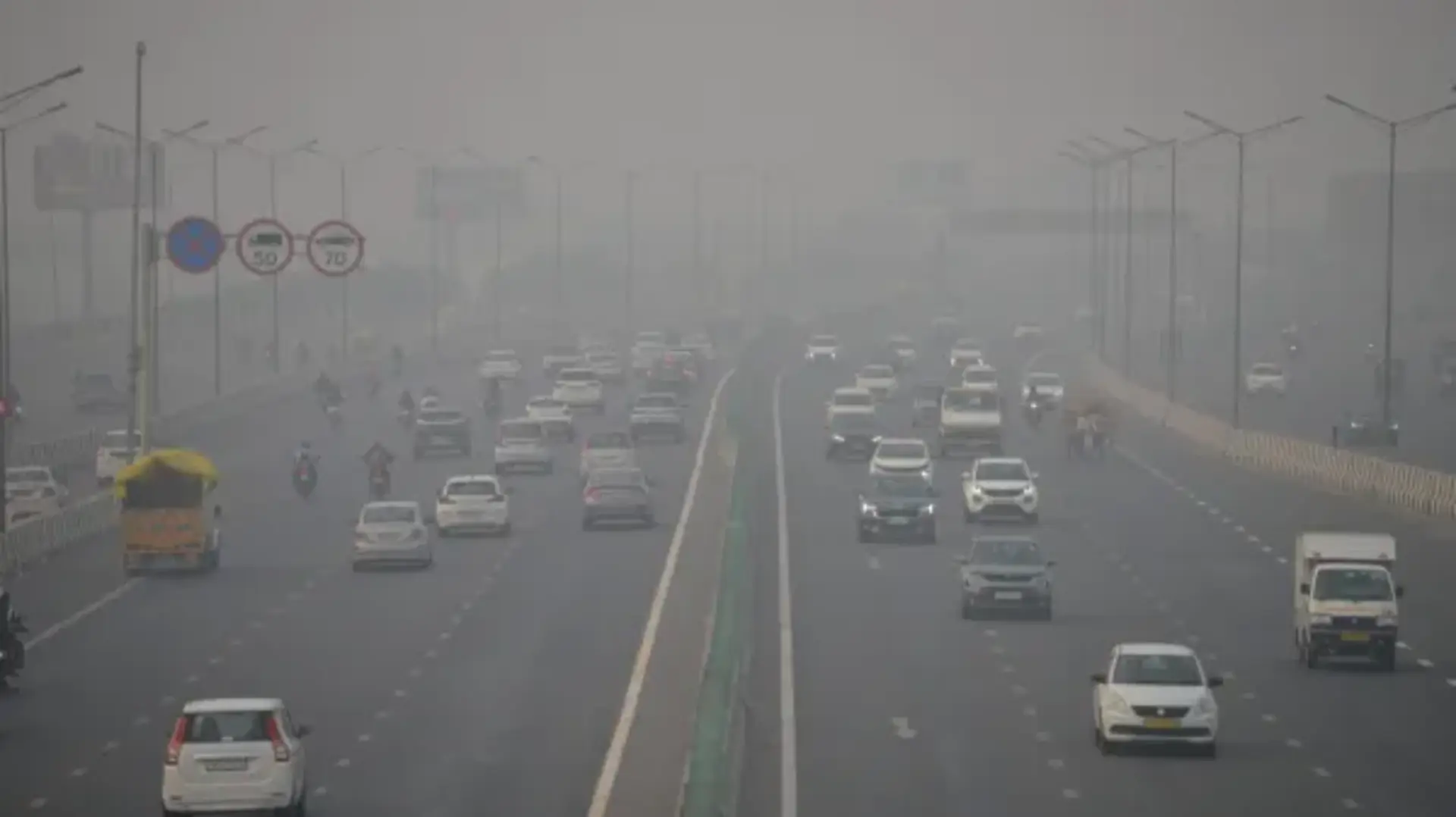
In recent years, the United Nations, top journalists and academics have been pushing harder for trillions of dollars to be transferred from rich to poor countries. This is to help compensate for vast colonialism, racism and ongoing exploitation of the poor and insufficient development. Even centuries of industrialization in the North are chiefly blamed on the wealthy countries for much of the climate change catastrophe. But is such an approach “pie in the sky”? Or would such transfers be real justice served finally against imperialism and neo-imperialism?
Michelle Bachelet, head of the UN Human Rights Commission, strongly brought the issue of reparations to the fore in 2021. She even expressly stated that it had to go beyond transferring money from past colonial powers and rich countries including the fight against racism intertwined with poverty. Meanwhile on this, a lead Indian MP and former UN under secretary-general, Dr Shashi Tharoor, spoke at the Oxford Union. “Indians’ share of the world economy when Britain arrived on its shores was 23%” He added, “By the time the British left, it was down to 4%”
Jason Hickel writing for the Guardian (UK) titled his opinion piece, “How Britain stole 45 trillion dollars from India”. The professor, Fellow of the Royal Society of Arts was referencing a brilliant essay put out by Colombia University Press, authored by Utsa Patnaik. More broadly speaking and currently, a March 2022 paper published by Global Environment Change estimates that 10 trillion dollars is drained from the South each year. Hickel also wrote in the Guardian that “The flow of money from rich countries to poor countries pales in comparison to the flow that runs in the other direction.” Yet, before even formal colonialism and forerunners of the modern multinational, some of the mercantilism from the North was highly questionable. The Dutch East Indies company, for instance, committed genocide against local island populations in the eastern part of Indonesia. All done so to monopolize trade in precious spices, including clove. The late, well-known Canadian environmentalist, Farley Mowat, in his book “Sea of Slaughter” documents the ravenous killing of much marine life in the Gulf of Saint Lawrence in Canada even in the early European settlement period. To grab fishing resources in Newfoundland, European settlers displaced the Beothuk aboriginal people from their main food source. So marginalized were these natives that the last of them died some decades ago. What is common in these stories is the devastation or marginalization of local populations and mostly non-whites. And there was a level of extraction that vastly benefitted the colonial “mother” countries, but left those under imperial or neo-imperial tutelage with much less. If we were to strip away all this colonial wealth, what would be left of so many western metropoles?
However, famed scholar Nial Ferguson in a Harvard Magazine article was described as seeing the British empire, overall, as a successful enterprise, worth imitating by the US. Further, such thinking seems not to support reparations. And, a 2017 LA Times article stated that over 20% of the US federal budget goes to aid. So, with an already huge allocation, why should more be given along with substantial aid from Europe and even Japan? In the same article, it stated, “Critics, on the other hand, point to fraud and the misuse of aid, inadequate tracking of provisions, and the prospect of nations becoming dependent on US handouts.”
If most countries receiving aid, rate high or moderately high on corruption in Transparency International’s index or rate as authoritarian to being quite flawed democracies, how will giving them trillions of dollars necessarily help transform them to be more just and better developed societies? Might the drain be more of western taxpayers without enough benefit to the true needy? A lose, lose approach?
Yet nevertheless, providing reparations remains a fundamentally plausible goal. Israel was paid by Germany for the horrible Holocaust perpetuated on the Jewish people. For me what colonial (and subsequent powers) committed on Black slaves, aboriginal peoples, indentured Indians and Irish or others deserves serious consideration. The Opium Wars in China where the British pressed away with turning millions of Chinese into opium addicts to get at Chinese gold is a story not told enough.
In sum, despite advanced scientific, technological and to some degree major progress in business management, the West and Japan have shown extraordinary levels of mass ruthlessness against the weak. It has been at times brutal materialism and mercantilism exposed by people like Franz Fanon in his seminal book, “The Wretched of the Earth”. It is now time for the West and even Japan to start paying significant reparations over the next centuries. Yes, billions already paid out in development aid that were not simply schemes to enrich westerners could be deducted. Western banks and industries with clearly documented history of exploitation of slaves and colonies would need to contribute. Recently, Barclay’s Bank’s hand in exploiting slavery was well-documented.
However, authorities of the South must not forget about misuse and mistargeting of development funds in the past. Corruption indexes, while I argue are western biased, remind us that large shifting of money to certain places and governments have their risks. So, any repatriation fund or funds needs to be both well structured, and managed and audited. And the funds would include compensation for the vast damage by the West (and Japan) to climate change over the industrial period. A real quandary is where the West would find the money? After all, much of it is fiscally “bankrupt” or on that road to being so and facing high inflation. Therefore, I suggest a 100-year time horizon over which this assistance would be provided. The question of repatriations for colonial exploitation, slavery and other mass inhumane behaviour cannot be swept under the carpet anymore. It is essential for most of the West and Japan to really pay up this time.
The South may one day even demand it with more geopolitical and military clout. As recent noises indicate as climate change worsens, hunger accelerates and the wealthier get wealthier and the poor get poorer such reparations along with key structural changes in global power sharing might even make a real difference. And even stave off global collapse, one day for everyone.
Peter Dash is an educator having worked mostly in Asia for the last 23 years. He has freelanced for major newspapers and was an associate at Harvard University’s Center for International affairs.















